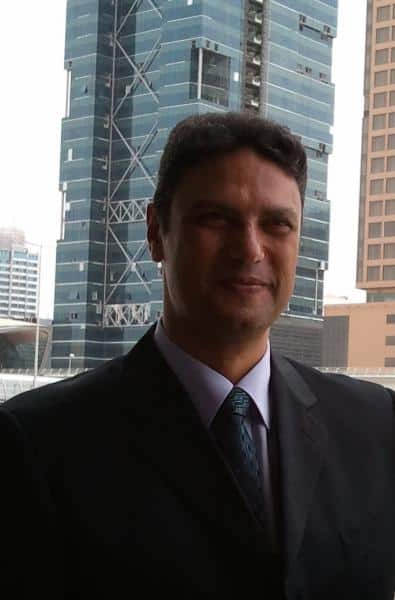
In the 21st century, our privacy doesn’t have much to do with our “paper trail,” but instead involves our “digital trail.” From cell phone GPS to email to Google Glass, secrets are harder to keep than ever – and private is beginning to lose it’s “private-ness.” Dr. Ashraf Aboshosha, Editor-in-Chief at of the International Congress for Global Science and Technology (ICGST), believes that this transition to transparency may be necessary in order for us to create a better world.
Stewart Brand said “Information wants to be free,” and Dr. Aboshosha believes that – in general – our digital technologies will bring us much farther towards the extremes of transparency than they ever will bolster privacy. Google Earth can see a car in my driveway – my phone tracks where I am – and my photos are automatically uploaded into “the cloud.” When information “leaks” about anyone or any thing (be it video, audio, text, etc…), it’s immediately spread to so many far-reaching corners of the internet that it can’t be “bottled up” again.
In my communication with Dr. Aboshosha (whose particular expertise lies in robotics), he expressed that with the development of many emerging technologies, the most dangerous innovations may be those that close off groups or societies. In the past, a society could be seen as dangerous if they were amassing and training a large army behind their protective walls. Today, no army is needed to do great harm, and a relatively small group of scientists might create bombs or chemical weapons capable of massive destruction.
In the next 5, 10, or 15 years, it will only become easier for smaller groups of individuals to produce serious, irrevocable harm by tinkering with nanotechnology, biotechnology, etc… Through malice or through ignorance, some of these experiments may yield terrible results.
Oxford Philosopher and famed thinker on the topic of human existential risk, Nick Bostrom, likens the process of human scientific discovery to pulling balls from an urn. Some balls are white balls – technologies that mostly become responsible for positive effects in the world. Other balls are grey – capable of beneficial and detrimental impact. Some, however, would be “black balls,” discoveries that may be so powerful as to destroy humanity. An example might be a particular strain of a deadly virus, or self-replicating nano-robots that expand and consume matter uncontrollably.
For Dr. Aboshosha, transparency allows authorities or institutions to monitor the activities of individuals and groups in order to prevent “black ball” scenarios. Though he can both see the pros and cons of this kind of transparency (and potentially question the absolute power of the “authority” willing to wield it), his belief is that this necessary shift away form personal privacy will – on the aggregate – benefit us all. In general – he believes – the danger lies in technologies that permit groups to hide their data, their activities, and their intent.
The NSA’s survailance and alleged involvement of the Department of Defense with Purdue University’s “Sentient World Simulation” project could easily make pessimists out of Americans interested in transparency, though it’s unclear whether greater transparency will be demanded by the public in the future. Dr. Aboshosha would likely argue that this is indeed worth civic-minded organization and concern.
Dr. Aboshosha used the example of China cutting itself off from the information flow of the rest of the world – and how this “privacy” and “walling off” might be orders of magnitude more threatening than if transparency existed. “All technology is a double-edged sword,” said Aboshosha, but his general belief is that an increase in communication and transparency is a necessary element of furthering progress and preventing existential risks – whether their origins be malice or ignorance.







